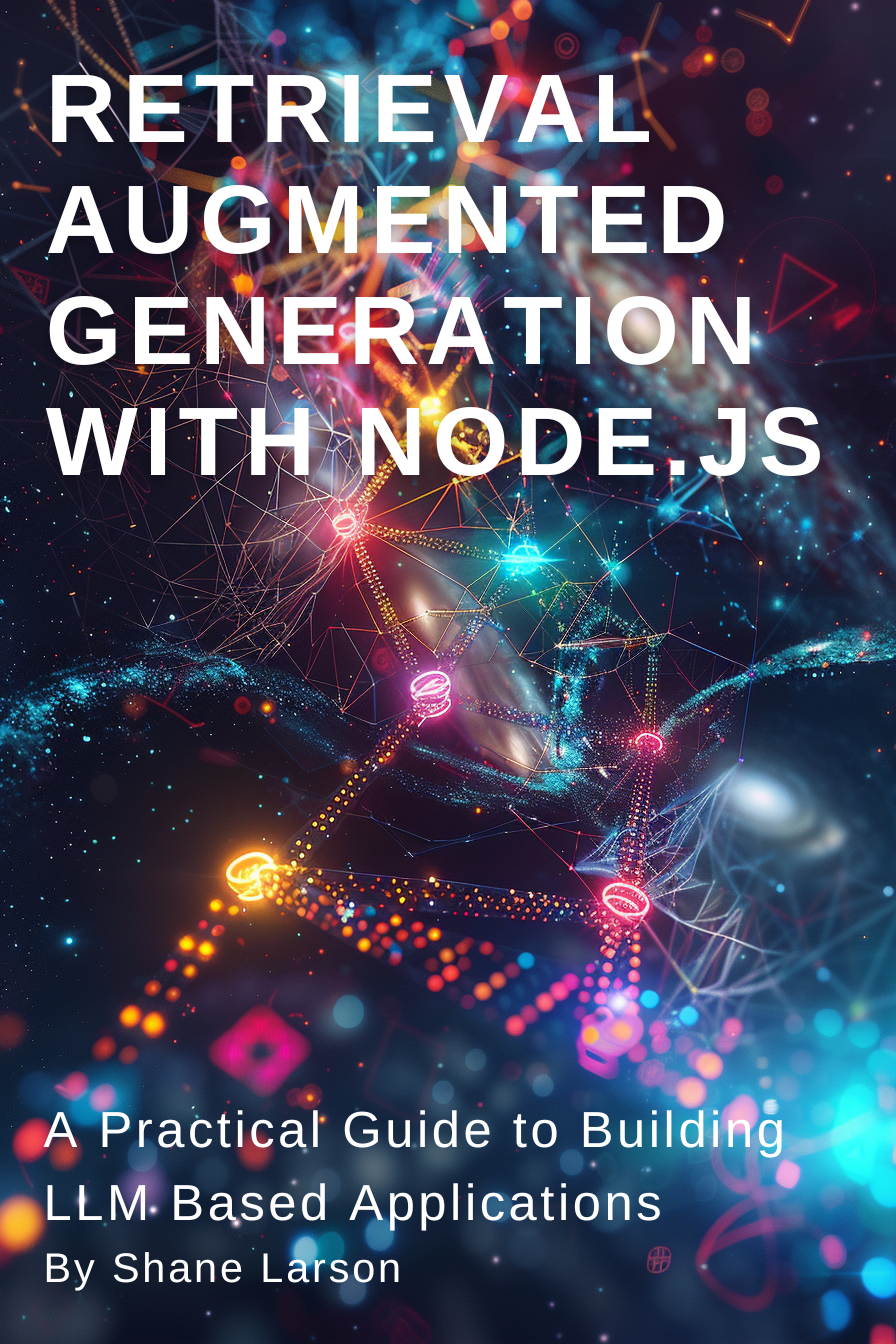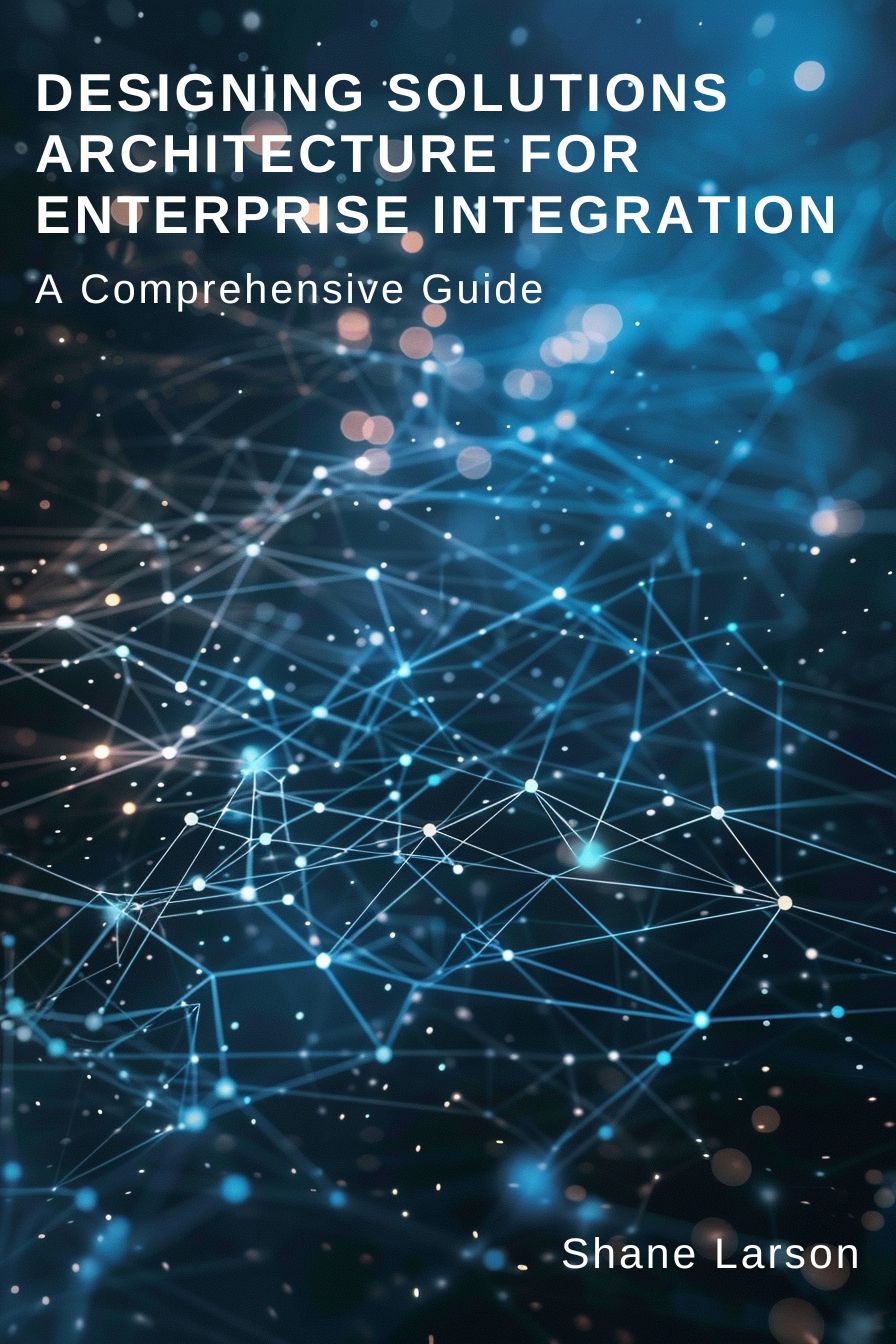How We Built an Instant 3D Action-Figure Generator with OpenAI’s gpt-image-1 API
Looking for expert solutions in AI, Web Applications, APIs, or blockchain development?
Request a Free ConsultationHow We Built an Instant 3D Action-Figure Generator with OpenAI’s gpt-image-1 API
Transform any photo into blister-pack action-figure art in seconds using OpenAI’s gpt-image-1 API—no design skills needed.
At Grizzly Peak Software, we love blending creativity and code to build tools that delight—and our latest side project, Action Figure Generator, is no exception. In this post, you’ll learn how we built a lightweight web app that lets users upload a photo, answer a few form questions, and instantly generate a blister-packed, cartoonish action-figure rendering using OpenAI’s new gpt-image-1 model.

Tweet this:
“I just turned my selfie into a blister-pack action-figure mockup in seconds using #OpenAI’s gpt-image-1 API! 🚀🤖 https://grizzlypeaksoftware.com/articles?id=3uPKI895BoUQk2gfpnHl3Y”
What You’ll Learn
- API Wiring: How to wire up OpenAI’s gpt-image-1 API for edits & generations
- Prompt Engineering: Fine-tune style, fidelity, and toy details
- Architecture Overview: A simple Node.js + Express + Multer stack you can reuse
- Scaling Tips: Caching strategies and async job queues for high volume
Why Build an AI-Driven Image Generator?
Traditional design workflows demand manual asset sourcing, design skills, and endless revisions. By tapping into a powerful image-generation API, you gain:
- Speed: User prompts → polished art in seconds
- Flexibility: Instantly switch styles—anime, watercolor, comic-book, and more
- Scalability: Serve thousands of requests without a full art team
Our action-figure demo focuses on a playful niche—creating 3D toy mockups in blister packaging—but you can adapt the same pattern for greeting cards, banners, game assets, or personalized merchandise.
Architecture Overview
At its core, our stack is intentionally simple and easy to extend:
- Node.js + Express for HTTP handling
- Multer to process optional image uploads
- OpenAI’s
openainpm package for API calls - Static front-end (
index.html) with a responsive two-column layout
1. Server Setup (app.js)
We detect whether a user uploaded a photo. If so, we use images.edit; otherwise, we call images.generate.
const { OpenAI, toFile } = require("openai");
const multer = require("multer");
const express = require("express");
const app = express();
const openai = new OpenAI({ apiKey: process.env.OPENAI_API_KEY });
const upload = multer({ storage: multer.memoryStorage() });
app.post("/action-figure", upload.single("photo"), async (req, res) => {
const { toyName, tagline, supportingItems, moreInfo } = req.body;
const basePrompt = `
Make a 3D action figure toy named "${toyName}", displayed in transparent blister packaging.
On the package, show "${toyName}" in large white text and "${tagline}" below.
Include items: ${supportingItems}.
${moreInfo ? `Additional details: ${moreInfo}.` : ""}
Minimalist cardboard background with cute toy style; add the “Shreck-o” logo in the top right.
`.trim();
let outputB64;
if (req.file) {
// Wrap buffer into a file handle for edits
const fileHandle = await toFile(req.file.buffer, "input.png", { type: req.file.mimetype });
const { data: [ editResult ] } = await openai.images.edit({
model: "gpt-image-1",
image: fileHandle,
prompt: basePrompt,
n: 1,
size: "1024x1024"
});
outputB64 = editResult.b64_json;
res.json({ image: outputB64, original: req.file.buffer.toString("base64"), photoMime: req.file.mimetype });
} else {
const { data: [ genResult ] } = await openai.images.generate({
model: "gpt-image-1",
prompt: basePrompt,
response_format: "b64_json",
n: 1,
size: "1024x1024"
});
outputB64 = genResult.b64_json;
res.json({ image: outputB64 });
}
});
Pro Tip: Always expose an optional “More Info” field—small prompt tweaks can yield dramatically different art styles.
2. Front-End Highlights (index.html)
We keep everything above the fold on desktop with a two-column flexbox. The left panel handles input; the right panel previews both the reference photo and the generated art.
<div class="container">
<header><h1>Action-Figure Generator</h1></header>
<main class="flex">
<aside class="form-panel">
<form id="figure-form" enctype="multipart/form-data">
<input name="toyName" placeholder="Toy Name" required />
<input name="tagline" placeholder="Tagline" required />
<input name="supportingItems" placeholder="Supporting Items (comma-separated)" required />
<textarea name="moreInfo" placeholder="Extra details (optional)"></textarea>
<input type="file" name="photo" accept="image/*" />
<button type="submit">Generate Figure</button>
</form>
</aside>
<section class="result-panel" id="result">
<!-- Spinner, preview, and Download button get injected here -->
</section>
</main>
</div>
- Animated spinner during generation
- Download button with slugified filename (
toyName_timestamp.png) - Vibrant micro-interactions on buttons and form fields
Lessons Learned & Next Steps
- Prompt Engineering Matters
Small wording changes can shift from “cartoonish” to “hyper-realistic.” - Understand Edits vs. Generations
- Use
images.editfor fidelity to a reference photo. - Use
images.generatefor fully original art.
- Plan for Scale
- Cache recent prompt→image pairs.
- Queue high-volume jobs with Redis or RabbitMQ.
On Our Roadmap
- Preset Galleries: Browse & remix popular templates
- User Accounts: Save and share your creations
- Batch Mode: Upload multiple photos for a full action-figure line in one go
Try It Yourself
- Clone the repo https://github.com/grizzlypeaksoftware/action-figure-generator
- Add your OpenAI API key to
.env - Run:
npm install
node app.js
- Open http://localhost:3000 and start generating!
Feel free to fork the repo, open a PR, or tag us on X @PeakGrizzly with your creations. Happy coding and toy-making!
– Shane, Grizzly Peak Software

Retrieval Augmented Generation with Node.js: A Practical Guide to Building LLM Based Applications
"Unlock the power of AI-driven applications with RAG techniques in Node.js, from foundational concepts to advanced implementations of Large Language Models."
Get the Kindle Edition
Designing Solutions Architecture for Enterprise Integration: A Comprehensive Guide
"This comprehensive guide dives into enterprise integration complexities, offering actionable insights for scalable, robust solutions. Align strategies with business goals and future-proof your digital infrastructure."
Get the Kindle EditionWe create solutions using APIs and AI to advance financial security in the world. If you need help in your organization, contact us!
Cutting-Edge Software Solutions for a Smarter Tomorrow
Grizzly Peak Software specializes in building AI-driven applications, custom APIs, and advanced chatbot automations. We also provide expert solutions in web3, cryptocurrency, and blockchain development. With years of experience, we deliver impactful innovations for the finance and banking industry.
- AI-Powered Applications
- Chatbot Automation
- Web3 Integrations
- Smart Contract Development
- API Development and Architecture
Ready to bring cutting-edge technology to your business? Let us help you lead the way.
Request a Consultation Now